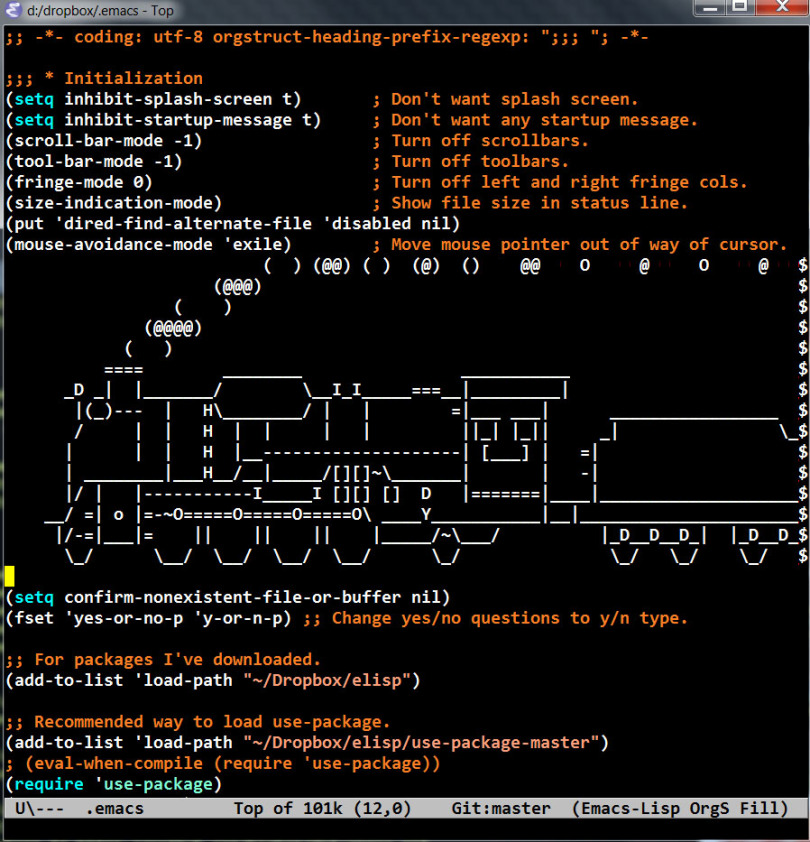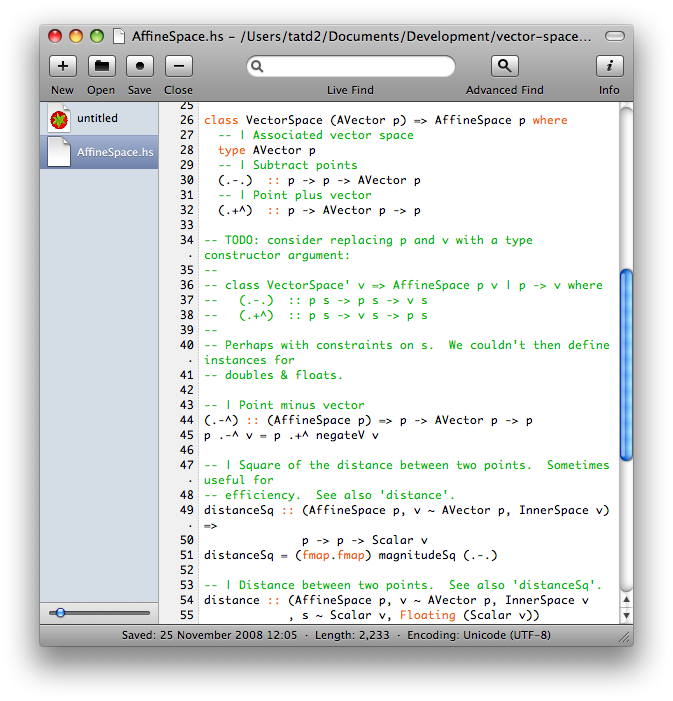

Much of my own coding takes place in an IDE that integrates with my employer’s systems. In coding, editors are deeply tied to building, testing, code review, code analysis, and API documentation. We still use LaTeX in scientific publishing, but editing now is integrated with revisioning, syntax checking, and collaboration. The way we program code and edit text has changed dramatically since most of us learned to use Emacs. Focusing on this challenge will, I reason, make me most useful to the world.īack to Emacs. Modern data-driven models offer amazing opportunities in science and technology.

I am driven by understanding how natural language and human cognition work.

Recently, I moved to Google Research where I work on dialog systems and natural language processing. You can see why Aquamacs development slowed down after 2012. students of my own and eventually got tenure as a (computational) cognitive scientist. in informatics, then do cognitive science at Carnegie Mellon in Pittsburgh, and on to Penn State, where I graduated some Ph.D. Much has happened professionally for me in the time since Aquamacs 0.x came out in 2005: I moved from Dublin to Edinburgh for my Ph.D. I admit I got a little carried away with making Emacs work like a Mac program, but the result became - and remains - reasonably popular. Kevin wrote the manual and even issued press releases for the project. But with the encouragement of author and publisher Kevin Walzer, I built a whole package that we called "Aquamacs”. I thought I’d just publish a configuration script. To my surprise, it was downloaded a few thousand times overnight. And just because I could, I made a binary build available for download. So it wasn’t surprising that a heavily personalized version of Emacs came about rather quickly. I was used to Mac key bindings and its graphical UI. This beautiful language from the depths of classic AI research wasn't well supported by editors, and the only one that provided some syntax highlighting was Emacs.īack then, my fingers and eyes disagreed with Emacs. That's the TLDR, but if you're interested, I'll give you a bit of a historical and personal perspective.Īround 2003, I was fresh out of undergrad and worked, in a research position in Dublin, Ireland, on multimodal interfaces to personal digital assistants: systems that were perhaps a bit too much inspired by linguistic theory and its symbolic manipulations and constraint optimization.

I have led the development of the Aquamacs variant of GNU Emacs since around 2004. I am grateful that Aquamacs-contributor Win Treese has agreed to manage the 3.6 release. I am retiring as maintainer of Aquamacs Emacs. Next message (by thread): Stepping Down as Aquamacs Maintainer.Previous message (by thread): error message with Gallina's python-mode.el.Stepping Down as Aquamacs Maintainer David Reitter david.reitter at


 0 kommentar(er)
0 kommentar(er)
